Masterclasses are an important tool in ConnectUp. They will be given to the participants of the Theater Mediation Programme (learners) by experts of different disciplines. When the learners travel to international connectup-festivals (at least once per season) they participate in masterclasses (as follow-up of the seminar week) to deepen the theoretical input. Also to artists of the theatres, masterclasses will be offered regularly at the connectup-festivals.
Milan, May 2023
The importance of theatre reviews in TYA
What are the different roles of professional theatre criticism in TYA in Europe? Who writes about new theatre performances at TYA in Europe? Do some countries have their own media for theatre criticism at the TYA? Or professional critics who specialise in the TYA?
Based on the experiences within the theatre network ConnectUp, we will create an overview of how the reporting on TYA differs in the different countries. We explore what is necessary for professional theatre criticism to take place for TYA. And what we can do to improve the conditions for this.
Distribution of plays in children’s and youth theatre
by Brigitte Korn-Wimmer
On the basis of the usual theatre agencies in Germany, responsible for the distribution of new plays, the publisher and long-standing head of a publishing house Brigitte Korn-Wimmer gives an insight into the relevant situation in Europe and beyond.
Milan, May 2022


Porto, October 2021
Masterclass
by Teatro O Bando
Actor’s Awareness on Stage is an actor’s working system based on the perspective of the beholder, the spectator.
It is a theatrical glossary created from the exploratory work of the actor. In this Masterclass, through talks and exercises that start from the concrete perception, we developed and shared the idea of fiction and representation in theatre.
Transcultural theatre work with young people and young adults with migration background
by Corinne Eckenstein, Dschungel Wien
The realities of young people with a migration- or refugee background are more complex than the often stigmatising and stereotypical depiction suggests. Muslim masculinity in particular is predominantly portrayed in public and media discourses as patriarchal, sexist and violent. Often these young men fight against patriarchal structures and expectations themselves. The aim of this masterclass is to use the means of theatre to start a dialogue, to reduce fears and prejudices and to show ways into conversation on taboo topics such as religion, sexuality and gender with writing exercises, improvisation and games.



